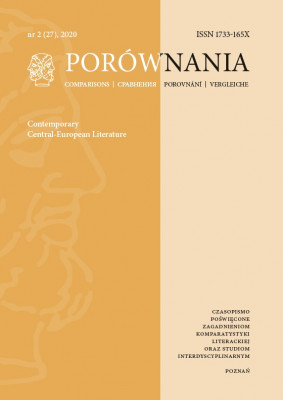Contemporary Hungarian Women’s Writing and Cosmopolitanism
This article investigates contemporary Hungarian women’s writing in the context of cosmopolitan feminism. The literary works explored are Noémi Szécsi’s The Finno-Ugrian Vampire, Noémi Kiss’s Trans and Virág Erdős’s Luminous Bodies: 100 Little Budapest, which I read as examples of a cosmopolitan feminist engagement with urban space. As opposed to the Kantian concept of cosmopolitanism, which has been critiqued for failing to take the experiences of particular social groups and geographical regions into account, cosmopolitan feminism focuses on the local and the embodied. The discussed texts thematise border crossing both on the level of form and content, while they engage with the mundane, affective aspects of everyday life in an emphatically urban setting. This cosmopolitan feminism challenges parochial, heavy, national literary traditions and points towards a distinct feminist aesthetics in contemporary Hungarian literature.
| Article Title | Type | Size |
|---|---|---|
| 12 Gyorke | [pdf] | [145 KB] |
